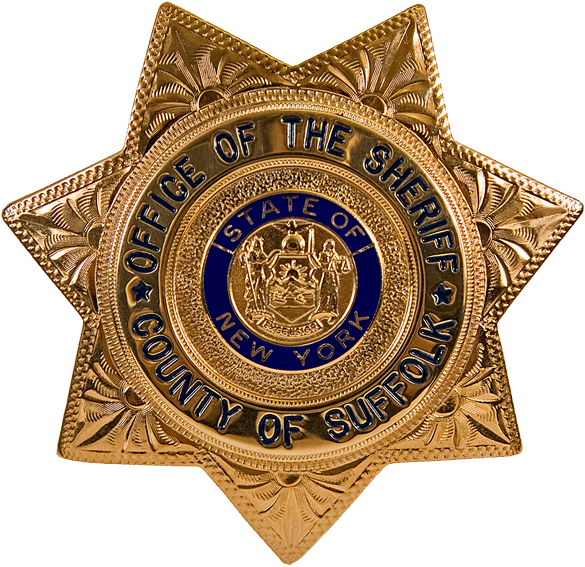A sheriff is a county official elected after every four years. Typically, to be a sheriff one does not need a law enforcement background, but in some states, it is a requirement. Most people, however, prefer a sheriff with a law enforcement background. To able to enforce law and order in the county, the sheriff is assisted in his/her work by deputies.
Usually, the sheriff department is smaller compared to the police department and has to enforce the law on a county level. Where police lack to enforce the law on a city level, the sheriff department has to step in.
Job duties of a sheriff

Law enforcement
The sheriff is in charge of maintaining law and order in the county. Together with his/ her deputies, the sheriff is responsible for conducting patrols in his/ her area of jurisdiction and apprehend those who break the law. The department makes the arrest of suspected criminals and seizing of illicit goods in the county. It is also the responsibility of the sheriff department to respond and address emergency issues whenever an issue arises.
Maintaining law and order during court processes
The sheriff is considered the chief security officer during county court proceedings. It is the work of the department to ensure that the magistrate and judges are protected as well as other participants during court sessions. The sheriff should make sure that the accused are brought in and out of the court safely and or without causing trouble.
Execution of court orders
The sheriff department must enforce court orders as provided. It issues arrest warrants whenever the defendant fails to appear before the court for hearing on a specified date. The department also oversees the execution of legal notices and processes issued by the court.
Acts as the chief officer of county jails
All jails in the county fall under the department. The sheriff is accountable for all operations in the jail as well as the custody and care of prisoners.
Performing traffic duties
The sheriff must oversee traffic in the county and stop violation of traffic rules. He/ she would issue citations to those who violate these rules. In case of an accident, the sheriff has to visit the scene and collect necessary information that would be used for investigation and bring the culprits into the book whenever possible.
Conducting investigations
When a crime is committed in the county, the sheriff has to investigate the matter. The department is mandated to visit the crime scene, collect information, conduct interviews and make necessary follow-ups that could lead to the prosecution of the suspects.
Supervision
The sheriff is the head of the sheriff department in the county. Therefore he must supervise the sheriff deputies and other department employees and make sure that everything is correctly done and according to the law. As a senior law enforcement officer in the county, the sheriff also takes field command during emergency cases.
Checks the finances of the department as well as county
All department’s finances fall under the sheriff as the head. He is responsible for preparing budgets and distribution of funds to aid the department’s operations. In some jurisdiction, the sheriff is responsible for the collection of county taxes and keeping the record of the taxes levied.
Training
The sheriff is required to conduct firearm and operation training for his staff in readiness for duty always.